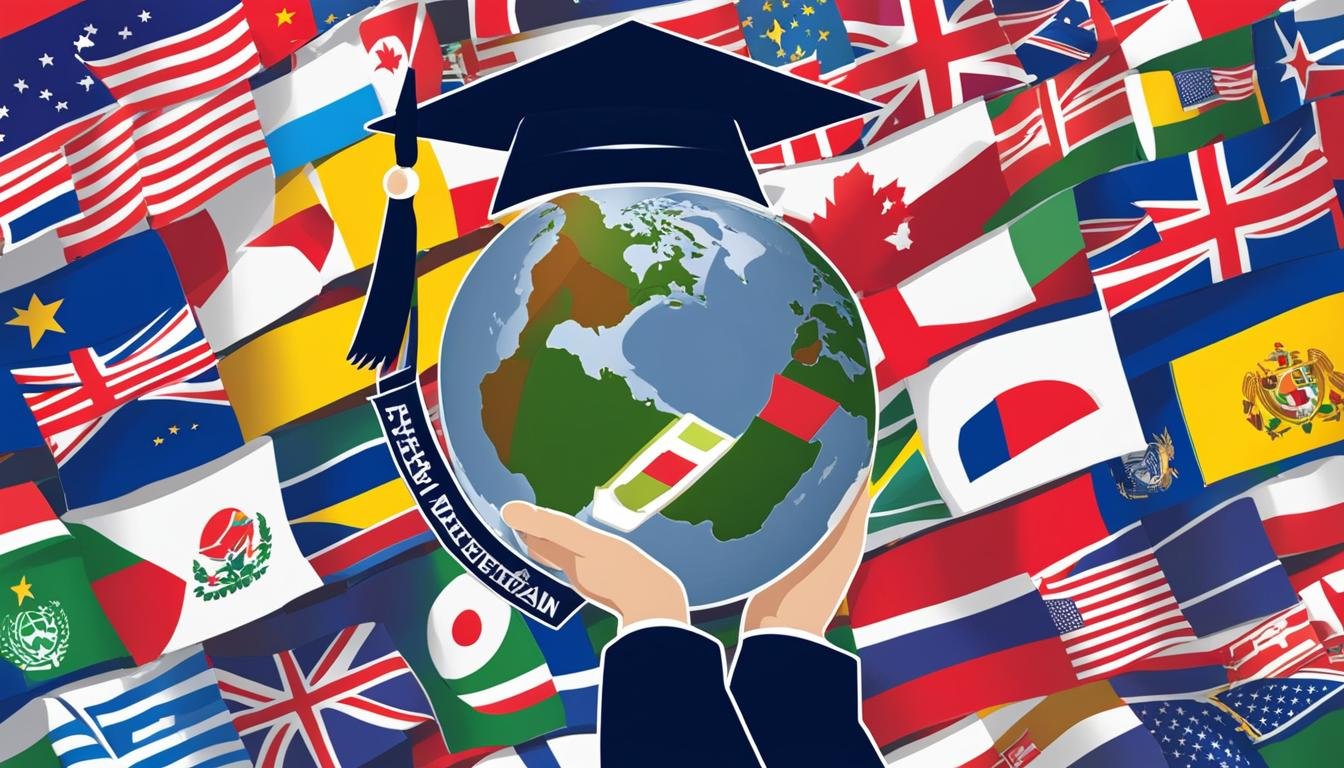Military service offers a wide range of education benefits for veterans, both during their service and after they leave the military. These education benefits are designed to support and enhance the educational pursuits of veterans, helping them achieve their higher education goals.
During active duty, servicemembers have access to Tuition Assistance, which provides up to $4,500 per year towards tuition and fees. This financial support can significantly alleviate the financial burden of education expenses while serving.
The GI Bill is the centerpiece of education benefits for veterans and encompasses various programs such as the Post-9/11 GI Bill, Montgomery GI Bill for Active Duty and Veterans (MGIB-AD), Montgomery GI Bill for Selected Reserves (MGIB-SR), Fry Scholarship, Spouse and Dependents Education Assistance (DEA), and the Vocational Rehabilitation and Employment (VR&E) program.
Each program has its own set of eligibility criteria and benefits, tailored to meet the unique needs of veterans. It’s crucial to understand the specific requirements and advantages of each program to make informed decisions.
Key Takeaways:
- Education benefits for veterans are available during and after military service.
- Tuition Assistance provides financial support while on active duty.
- The GI Bill offers various programs to support veterans’ education.
- Understanding eligibility criteria is essential for choosing the right program.
- Consulting with professionals can help veterans maximize their education benefits.
Types of Education Benefits for Veterans
When it comes to education benefits for veterans, there are several programs available to help you pursue your educational goals. Here are some of the key types of education benefits you should be aware of:
Tuition Assistance
Tuition Assistance provides financial support for active duty servicemembers to cover tuition and certain fees. Through this program, you can receive up to $4,500 per year to help ease the financial burden of higher education while serving in the military.
Post-9/11 GI Bill
The Post-9/11 GI Bill is a comprehensive education benefit program that offers up to 36 months of education benefits to veterans and servicemembers who have served at least 90 days on active duty since September 10, 2001. This program covers a wide range of education and training programs, including college, vocational courses, correspondence courses, apprenticeships, and flight training.
Montgomery GI Bill
The Montgomery GI Bill provides education benefits to eligible veterans who have served at least two years on active duty. Similar to the Post-9/11 GI Bill, it covers college, vocational courses, correspondence courses, apprenticeships, and flight training. It’s important to note that there are different versions of the Montgomery GI Bill, including the Active Duty and Veterans (MGIB-AD) and Selected Reserves (MGIB-SR) programs.
Fry Scholarship
The Fry Scholarship is available to surviving spouses and children of servicemembers who died on active duty after September 10, 2011. This program provides the same education benefits as the Post-9/11 GI Bill, allowing eligible recipients to pursue their educational aspirations without the financial burden.
Spouse and Dependents Education Assistance (DEA)
The Spouse and Dependents Education Assistance (DEA) program offers education and training opportunities to eligible dependents of certain veterans. This program can be used for degree and certificate programs, apprenticeships, and on-the-job training, providing the necessary resources for dependents to further their education.
Vocational Rehabilitation and Employment (VR&E)
The Vocational Rehabilitation and Employment (VR&E) program is designed to provide educational assistance to veterans with service-connected disabilities. Through this program, veterans can receive the necessary support to prepare for, obtain, and maintain suitable employment, ensuring a smooth transition into the civilian workforce.
By understanding and utilizing these education benefit programs, veterans can unlock opportunities for higher education and career advancement. Whether it’s through Tuition Assistance, the GI Bill, or specialized programs, these benefits are invaluable in helping veterans achieve their educational goals and optimize their resources.
How Can Veterans Access the Education Benefits Available to Them?
Veterans can access education benefits for veterans through various programs like the GI Bill, Vocational Rehabilitation, and the Yellow Ribbon Program. To apply, veterans must visit the VA website and submit an application for the specific benefit they are interested in. Additionally, they can also seek assistance from their local VA office.
Conclusion
Education benefits are a crucial resource available to veterans, enabling them to pursue higher education and achieve their career goals. By optimizing these resources, you can access financial support for tuition, fees, and even living expenses, making education more affordable and accessible.
It is essential to understand the various education benefit programs available to veterans, including Tuition Assistance, the GI Bill, and specialized programs tailored to specific needs. Take the time to research and determine which program best suits your eligibility and educational aspirations.
Consulting with education service officers, counselors, or recruiters can provide valuable guidance in making informed decisions about education benefits. These professionals can help you navigate the eligibility criteria and find the optimal path towards achieving your higher education goals.
By leveraging and maximizing education benefits, veterans can set themselves up for success in the civilian world, paving the way for a rewarding and fulfilling career. Take advantage of these resources and unlock the opportunities that lie ahead.



